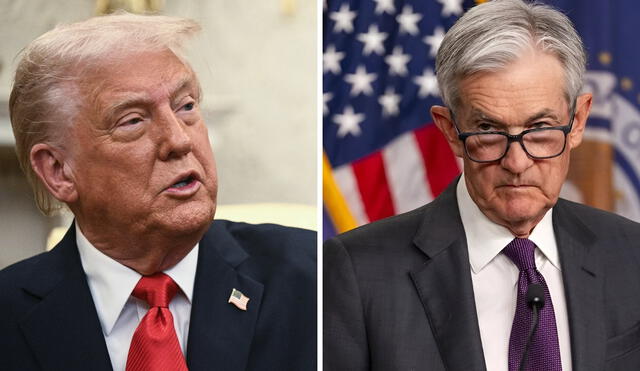Donald Trump calls for Jerome Powell to resign over Fed's interest rate policy
As President Donald Trump ramps up attacks on Jerome Powell, fears grow over the future of Fed independence—will political pressure rewrite the rules of economic leadership in the U.S.?

President Donald Trump escalated his criticism of Federal Reserve Chair Jerome Powell on April 17, 2025, calling for his immediate removal. On Truth Social, Trump described Powell’s reports as a “complete disaster” and accused him of failing to lower interest rates quickly enough. He pointed to the European Central Bank's recent rate cut to 2.25% as a benchmark. Trump claimed the U.S. economy could benefit from similar actions.
Trump argued that falling oil and food prices should justify an interest rate reduction in the U.S. He also credited tariffs for strengthening the economy. Despite this, Powell has remained cautious, emphasizing that inflation remains at 2.4%—above the Fed’s 2% target. He stated that more consistent progress is needed before considering any rate cuts.
Powell defends fed independence amid economic tensions and political pressure
In response, Powell reiterated the Fed’s independence and commitment to economic stability. He emphasized that his role is protected by law and that he would not resign if pressured by political figures. Powell insisted that monetary policy decisions are driven by economic data, not political influence.
The clash comes amid broader economic uncertainty, including the ongoing U.S.–China trade tensions. China has accused the U.S. of "bullying and coercion" and threatened retaliation. Meanwhile, European leaders like Italy’s Giorgia Meloni are seeking to ease tensions by proposing mutual tariff removals between the EU and the U.S.
Political pressure on the fed raises market concerns and challenges central bank independence
Markets have responded nervously to the possibility of political interference in the Fed’s operations. Investors worry that removing Powell before his term ends would undermine the credibility and stability of the central bank. Powell continues to assure that the Fed’s course will be guided by economic indicators, not partisan agendas.
This confrontation highlights the fragile balance between independent monetary policy and political pressure. The outcome could reshape perceptions of the Fed’s autonomy and its ability to manage the economy effectively. The tension also underscores how global economic dynamics are increasingly influenced by domestic political agendas.













